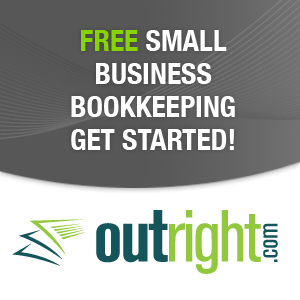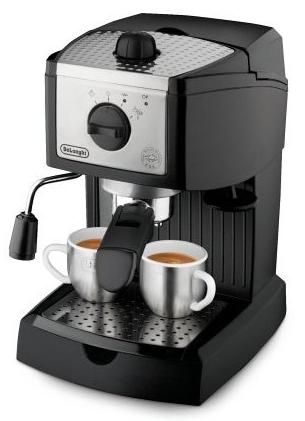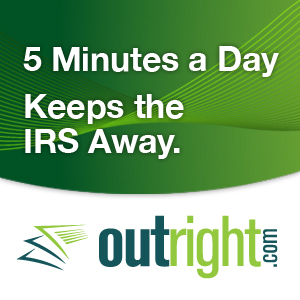This post is sponsored by Outright — Your Livelihood, Right Now. Getting your taxes right with free bookkeeping.
 by Joe Wallace
by Joe Wallace
Networking is one of the most important thing you can do as a freelancer. It goes against the stereotype of the lone scribbler, locked away in a writer’s garret for days on end, coming out to blink in the sun only when the lastest masterpiece is done–and that’s exactly why you need to do it.
Nobody writes in a vacuum. Not you, not me, not Stephen King. There’s an army of trained professionals all working together in this game we call freelancing, from the people who make sure your blog can still be viewed on the ‘net to the fact checker responsible for annoying you for one last detail before that magazine article goes to press.
But how does a new freelancer make some inroads in the networking game? Newcomers rarely know people in the business, and the few they do know can only help so much…but networking isn’t quite the daunting task it seems when you’re just starting out if you can remember a few simple concepts:
1. A newcomer’s enthusiasm and drive is a huge plus in any undertaking. You may not have much experience, but your willingness to throw your lot in for a common cause–a charity, a benefit, a volunteer project, whatever–earns you more than just the experience of doing it. You’ll also be remembered as that high-energy person so willing to devote themselves to the project. Who will the people you worked with think of first when asked if they know any good quality people for something that pays in your line of work?
2. Your skills in other areas may be more valuable than your writing skills…at first. Networking sometimes means taking a side journey that leads you to more direct opportunities as a freelancer. I volunteered to help someone run a table at a horror convention last year, which led to a direct opportunity to write for a newsstand magazine later on. The power of being in the right place at the right time shouldn’t be underestimated.
 3. Networking doesn’t have to be strictly business. Sometimes just making friends with your fellow freelancers on social media or via local mixers or meet-and-greets is a great idea–your new friends might not have anything going but their own projects, but what happens when one of them decides to move on, cut down a client list to a more manageable size, or change specialties?
3. Networking doesn’t have to be strictly business. Sometimes just making friends with your fellow freelancers on social media or via local mixers or meet-and-greets is a great idea–your new friends might not have anything going but their own projects, but what happens when one of them decides to move on, cut down a client list to a more manageable size, or change specialties?
Speaking for myself, I’ve always given my friends and freelance colleagues the first shot at things I knew would be opportunities. Nepotism? Sure. But why not, when you have people you trust that you can recommend? Friends first, networking potential second…but that is definitely there for the people in my life. I’ve shared plenty, and if the day ever comes that I’m in a fix, I know a select group of people who would only be too happy to lend a hand.
4. Network your own life. That’s a play on the old computer geek saying, “Hack your own life.” Know somebody who needs a writer? Maybe you don’t right now…but you will. Never be shy about offering your services in non-obnoxious ways in your existing circle. Here’s a hint–“friend prices” and deep discounts are never bad thing in this context, but always offer with a caveat along the lines of this:
“I don’t normally offer rates this low (or free), but I’m a big believer in ‘friend prices’. Everybody else pays the going rate, so please don’t share the details of our arrangement or I’ll be swamped with offers that can’t help me pay the rent.”
5. You can start networking TODAY. Just go to where the pros congregate on Twitter, Facebook, MediaBistro.com and anywhere else where comments, advice, and resources are shared. Introduce yourself, be friendly, and meet people.
This post is sponsored by Outright — Your Livelihood, Right Now. Getting your taxes right with free bookkeeping.








